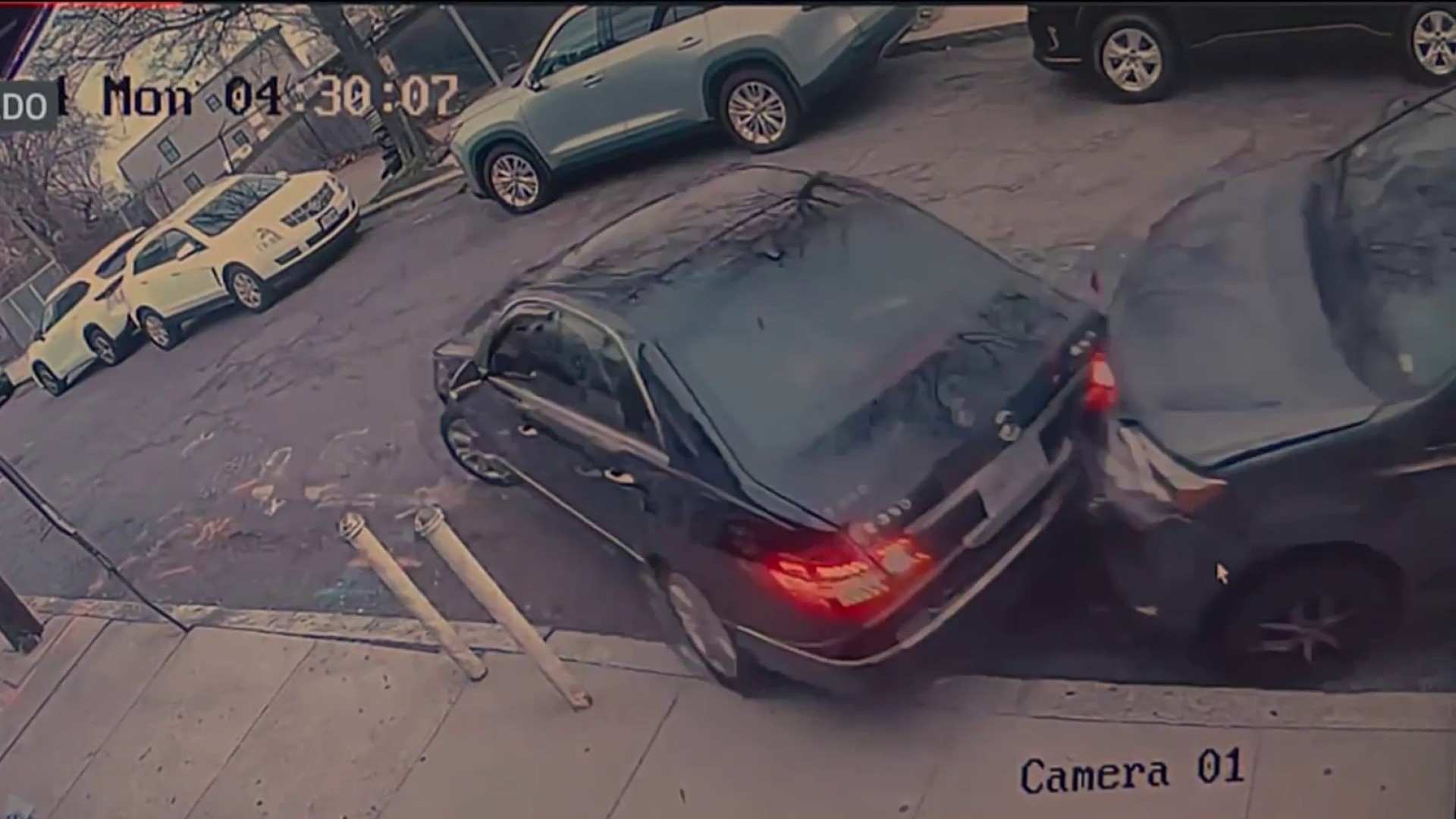With recreational pot sales beginning in Massachusetts, police continue to sound the alarm on drugged driving.
Police chiefs across the state tell the NBC10 Boston Investigators they still don't have the tools they need to get high drivers off the road. And with recreational sales, they say their job gets even harder.
When police stop a suspected drunk driver, they use a Breathalyzer, field sobriety tests and other measures in attempt to prove that driver's impaired.
They don't have the same tools for drugged driving. State police are piloting a roadside drug test, but the jury's still out.
Another difference between drunk and high driving is that if a driver refuses an alcohol breath test, they automatically lose their license. But if they refuse a drug evaluation, there is no penalty.
Even when a driver submits to the evaluation, police say not enough officers are being specially trained as drug recognition experts or even getting the more basic training to help them spot high drivers.
And the problem continues to grow. OUI drug citations have risen dramatically. In the first six months of this year, the state saw a monthly average increase of 23 percent over three years ago. And the latest federal data shows 43 percent of drivers killed in crashes had at least one legal or illegal drug in their system.
Local
In-depth news coverage of the Greater Boston Area.
Walpole Police Chief John Carmichael was against legalizing marijuana and sits on the state's drugged driving commission. He says the state put the cart before the horse.
"Police officers are going to do what they've always been doing," Carmichael said. "If they suspect the person is impaired because of the use of drugs, then they're going to arrest that person and remove them from the street."
Carmichael hopes the state approves a roadside drug test and increases penalties for drivers who refuse drug evaluations. The committee he sits on is due to make its recommendations to the legislature Jan. 1.



